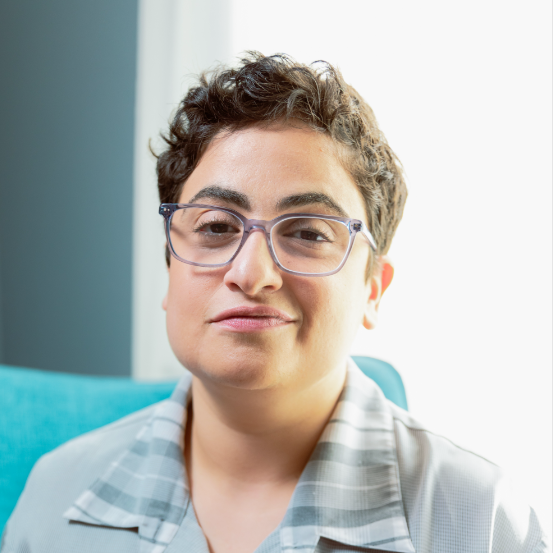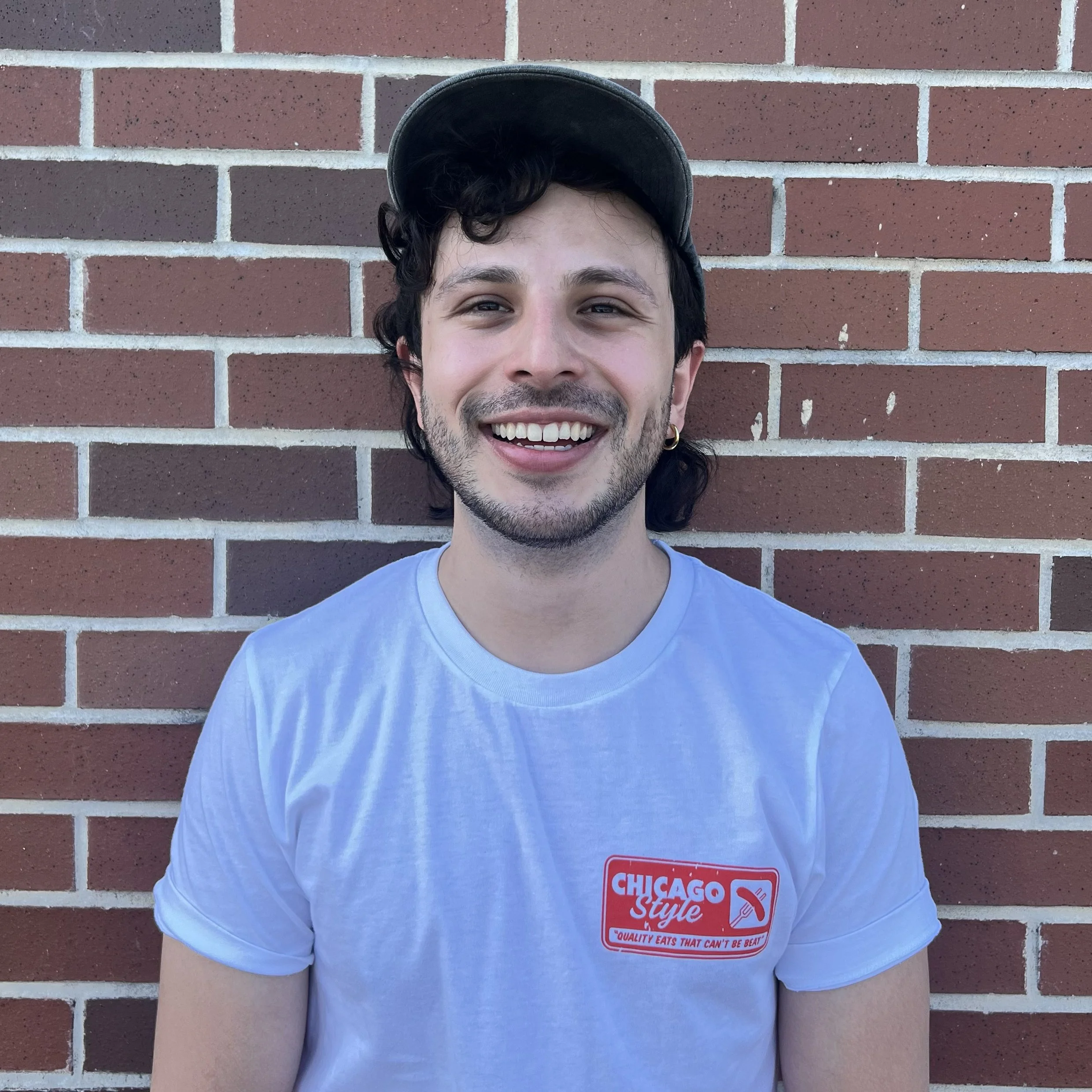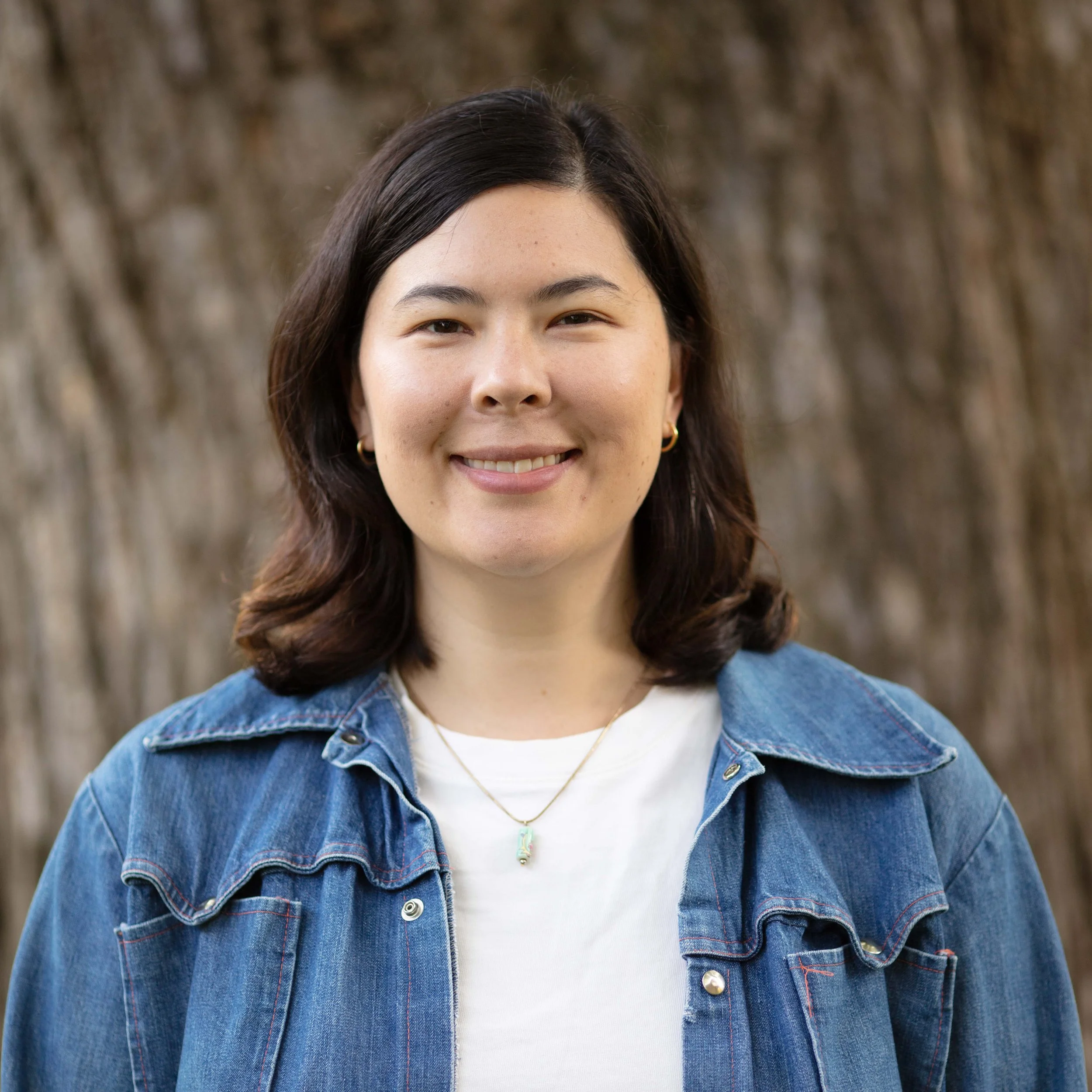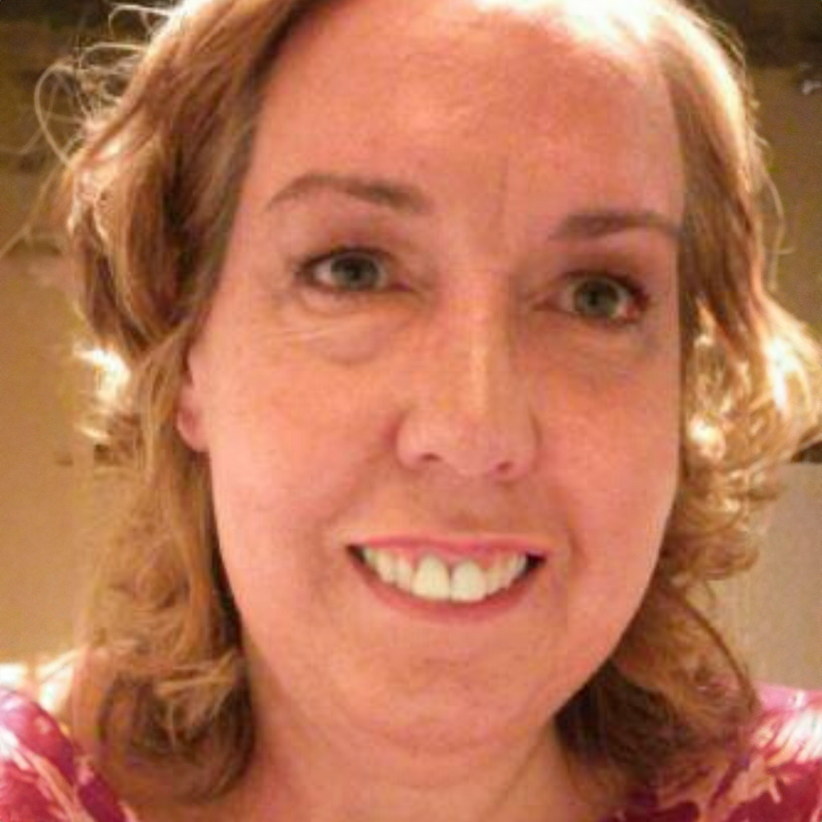Denver Welcomed Venezuelans – Has That Welcome Worn Out?
Juan and María fled Venezuela's crisis for Denver, where they once found refuge. Now, under Trump's immigration hardline, the welcome has faded, and their future hangs in the balance. Photo by Jimena Peck for palabra
No Safe Harbor: A Venezuelan Couple’s American Dream Unravels.
Editor’s note: This story comes to us from Feet in 2 Worlds, an independent media outlet and journalism training program that empowers the voices of immigrant journalists.
Haga clic aquí para leer este reportaje en español.
In Juan and María’s small kitchen, it was almost dinnertime. María took dough by the handful and carefully flattened it into rounds. She dropped the rounds one by one into a pan of sizzling oil, making golden brown arepas. The couple had only been living in this apartment at the edge of Denver since December 2024. It was the latest stop in a long journey that took both of them from Venezuela to the bitterly cold Colorado capital in search of stability and security that may now be slipping away. To protect their identities, we are not using their real names.
Juan made the journey first, arriving in Denver in 2023, part of a mass exodus of Venezuelans from their home country. The plan was for him to find a safe haven somewhere in the United States and then to send for María. Once they were reunited, both hoped to bring their children as well.
“When I arrived to Central Park, the mayor welcomed us, and he treated us very well,” Juan said, referring to a neighborhood in Denver.
Central Park was one of a handful of places where the city set up emergency shelters to keep people off the streets during the winter. Juan stayed in one of those shelters for 21 days. He slept on the basketball court.
With help from local nonprofits and city government, Juan was eventually able to get into an apartment in Aurora, a suburb just east of Denver. It was time for María to join him. “ To get here, I had to cross seven countries, and my group and I spent three days in the jungle to get to Panama from Colombia.” She was talking about crossing the Darien Gap — a treacherous journey made by thousands of immigrants headed north each year. Those making the trek risk not only the many dangers of the jungle but also threats from gangs and cartels.
Upon arriving safely in Mexico, Maria got on a train to Ciudad Juárez, Mexico. When she arrived, she downloaded the CBP One app. At the time, federal immigration authorities had expanded access to the app to streamline the process for asylum seekers like María. CBP One was supposed to make it easier to request an asylum appointment, but the reality was that the app only opened a certain number of appointments per day. María waited eight months in Juárez for an appointment that would grant her permission to enter the country. When she finally entered the United States, she traveled to Denver to finally reunite with Juan in the spring of 2024.
“ To get here, I had to cross seven countries, and my group and I spent three days in the jungle to get to Panama from Colombia,” María said of her journey to join Juan in Aurora, Colorado. Juan had arrived in Denver in 2023; the couple reunited after he settled in the city. Photo by Jimena Peck for palabra
A Warm Welcome
In response to the tens of thousands of newcomers, the city of Denver and an array of local nonprofit organizations moved quickly to provide not only shelter but also legal assistance and access to jobs. Many newcomers already had an asylum case in the works, but the slow-moving process prohibits applicants from working legally in the United States for, on average, as long as three and a half years, sometimes longer. In response to the crisis in Venezuela, then-President Biden extended Temporary Protected Status, or TPS, to Venezuelans who arrived after a certain date. TPS provides two years of protection from deportation, along with legal work authorization. Though TPS still requires a waiting period before one can legally work, it can be much shorter, at just six months.
But six months is a long time when you have no way to feed yourself, to pay rent, or to get around. So Venezuelans began to show up at major traffic intersections throughout Denver — hustling, cleaning windshields, selling candy, trying to earn a living any which way.
“We went to clean anything, to work anywhere we could,” Juan said. María spent four months hunting for a job, even after getting her work authorization approved. During that time, she cared for children and cleaned other people’s houses, while Juan worked in construction.
“We went to clean anything, to work anywhere we could,” Juan said. María struggled to find work even after her work authorization was approved, while Juan worked construction jobs. Photo by Jimena Peck for palabra
“No One Wants to Leave Their Country”
In Venezuela, under the authoritarian regime of Nicolás Maduro, more than 80% of the population lives in poverty, according to the Office of the United Nations High Commissioner for Human Rights. Up until recently, the country faced some of the highest inflation rates in the world, rendering the bolívar — Venezuela’s currency — virtually worthless. It’s these conditions that have driven the historic migration of Venezuelans to other countries such as Colombia, Peru, and the United States. “No one leaves their country because they want to,” said Adelys Ferro, director of the Miami-based Venezuelan American Caucus.
Ferro said that in Doral, Florida, a Venezuelan-American stronghold, more than 60% of her constituents voted for Donald Trump in the 2024 presidential election. Nationwide, some media outlets have reported an even higher number: as many as 90% of Venezuelan Americans, according to the Spanish daily El País.
And now, Ferro said, the community is paying a big price. “Look at how much this is costing us. Many people right now feel disappointed and betrayed.” But Ferro added that she saw the writing on the wall during the campaign. “The only time he made references about Venezuelans was to talk about Tren de Aragua.”
Tren de Aragua started operating within a prison in the state of Aragua. Now, they are the first transnational criminal organization to originate from Venezuela, with large networks in neighboring Colombia, Peru, and even in Chile. The Trump administration has pushed the narrative that the gang now also has a large presence in the United States, but there’s no clear evidence of that.
Since taking office in January, Trump has moved quickly to reverse many other Biden-era policies, including one of Biden’s last immigration decisions as president: an extension of TPS to Venezuelans. In an unprecedented move, the Department of Homeland Security announced that it would rescind that extension within the first week of Trump’s presidency.
María left her children in Venezuela when she reunited with Juan, hoping to build a better life. She spent months job hunting while cleaning houses and babysitting to earn some income. Photo by Jimena Peck for palabra
Temporary Measures
National TPS Alliance Coordinator José Palma said that Trump’s recent move to rescind Biden’s TPS extension is plainly illegal. That’s why the organization sued.
“ President Biden provided 18 months of protection. And the TPS law doesn't allow for other presidents to come and take that decision away,” Palma said. “So, the attorneys argued that Trump’s administration decision to take the 18-month protection is illegal because the TPS law doesn't allow that.”
And on March 31st, a federal judge in San Francisco agreed, blocking the administration’s plans — at least temporarily.
However, ICE agents have nonetheless been detaining and deporting TPS holders, asylum seekers, valid visa holders, green card holders, and even a U.S. citizen — making it clear that those statuses no longer provide the protection they once did.
Scapegoated
Late last year Aurora, Colorado, was mired in a fog of misinformation. TikTok and other social media platforms were alive with viral claims that the Venezuelan prison gang Tren de Aragua was not only present in the city, but taking over entire apartment buildings — in particular, a rundown apartment complex called the Edge at Lowry.
The Trump campaign picked up on the claim, holding a rally in Aurora, where he promised to begin his program of mass deportations right there, as soon as he took office.
At that time, Juan and María were living in one of the buildings at that complex, run by a company called CBZ Management. And the conditions there were pretty bad.
“Things started slowly deteriorating. The tiles were loose; there were leaks in the ceiling,” Juan said. “One day there was no super, and nobody showed up if the apartments needed maintenance. They showed up only to charge rent.” Other residents complained about rats and bugs, and some units went long periods without electricity or water.
Damaged ceiling and no running water were among the poor conditions Juan and María faced at their Edge at Lowry apartment. Photos courtesy of Juan and María
It later came to light that CBZ management had hired a PR firm, and that firm had started the rumor about a gang takeover. Kyle Harris, a reporter for the local news site Denverite, spent a lot of time at these apartments. “The entire media narrative around those apartment buildings was pushed by CBZ management and their PR firm from Florida,” Harris explained. “And if management could say, ‘Hey, we didn't abandon the tenants. A Venezuelan gang took over these buildings,’ they can excuse themselves for failing to clean up the mold, deal with the rats, deal with the incredibly dangerous conditions people were living in.”
The gang rumors rattled local politicians, and in early December 2024, Aurora police came to the buildings and started knocking on doors.
Support the voices of independent journalists.
|
“I woke up to screams from afar that night,” María said. She slept right next to the window. “And suddenly, there was a light shining directly in my face.” As she stood up to check what was going on, she heard banging on the door. It was the police. María said they opened the door. She thought they would see no one was causing trouble. But instead, the officers only spoke to María and Juan to tell them to get down on the ground, and then put them in handcuffs.
Aurora Police arrested several others and handed all the men over to ICE. María was taken to a police station, where she waited all night, shivering in her pajamas. Meanwhile, Juan sat in detention for hours with the other men until he was eventually released, though he was the only one. Not once did the officers explain why Juan and María were being arrested or held.
That night, “[the officers] asked us if we had any tattoos, or if we were part of Tren de Aragua,” María said. Even before Trump was in office, officers were using tattoos as proof of possible gang affiliation, according to a checklist of criteria recently revealed in court filings by the American Civil Liberties Union.
During an overnight apartment raid, ICE detained Juan for hours while police held María overnight. His two nephews were deported without warning and their whereabouts were unknown to the family until weeks later. Photo by Jimena Peck for palabra
Juan’s two nephews, who came to Denver since they had family in the city, were kept in detention, and for weeks, Juan and María had no idea of their whereabouts. Juan says that between the substandard living conditions and the arrests, he couldn’t sleep until the couple was finally able to move out weeks later.
The news about them came in later. A few weeks after the raid, they found out that one of Juan’s nephews had been convinced to sign a deportation letter. He had mouths to feed back in Venezuela and couldn’t afford to stay in detention for longer.
The couple spent about a month without hearing any news about Juan’s other nephew. But in March, they received a call from him. After being sent to Guantánamo Bay and spending a couple of days in detention there, the nephew said he had been deported back home to Venezuela.
Living in Fear
María thanks God all the time for the warm welcome she received when she first came to Denver. But after all that has happened, the city now feels different.
She and Juan are afraid to take public transit. This poses a problem, since they lost their car. It was in the shop during the December ICE arrests at their apartment, and the man who was supposed to be fixing it was also detained by ICE.
Everywhere they go, they feel like they’re being watched.
The future looks uncertain for Juan and María. Targeted by local police and ICE, they now endure what feels like constant government surveillance. Photo by Jimena Peck for palabra
The couple’s plans for the future are constantly changing. “My kids told me they wanted to come here. But watching the news has changed their minds,” María said. Juan has a similar story. He said he was going to bring his daughter to Denver. “But it’s not worth it. Not the way I’m living here. I only leave my apartment to go to work. I feel fear, like I’m being persecuted.”
In fact, María is now considering going back to Venezuela. It’s become harder to find work, and thus harder to earn the money they need to support themselves. Continuing to pay an immigration attorney is out of the question. She has decided to defend her asylum case without any lawyers, and if things don’t work out, she and Juan will part ways at the end of the year. Juan will stay — to work and to send money back to Venezuela.
—
Ann Marie Awad is the editorial director of the Institute for Independent Journalists and a freelance audio journalist based in Denver, Colorado. Their work has aired on NPR's All Things Considered, WBUR's Here and Now, and on local public radio stations in Colorado, Philadelphia, and Louisiana. Awad is a 2022 reporting fellow with the UC Center for the Science of Psychedelics, and they are the creator and host of On Something, an award-winning podcast about life after cannabis legalization. They have also produced, edited, and consulted on podcast projects for WAMU, SONOS, and the Knight First Amendment Institute at Columbia University, among others. @anntastic.bsky.social
Andrés Pacheco-Girón is an audio producer and journalist based in New York City. Originally from Bogotá, Colombia. Andrés is a Masters’ candidate in Podcasting and Audio Reportage at NYU’s journalism school and he interns at Feet in 2 Worlds. Before joining Feet in 2 Worlds, Andrés worked as an Associate Producer for Ballotpedia’s podcast On The Ballot and as a reporter in Colombia for Mutante, Caracol Radio, Cuestión Pública, and La Silla Vacía. @apachecogiron
Mia (미아) Warren (she/her) is an award-winning audio producer living in Brooklyn, NY. With more than a decade of experience, her work has been featured on NPR’s Latino USA, PRI’s The World, and in Yes! Magazine. Mia is the managing director of Feet in 2 Worlds (Fi2W), a news outlet and journalism training organization that offers fellowships and workshops to help immigrant journalists reach new audiences, improve their skills, and advance their careers. Prior to Fi2W, Mia was a senior producer at Sony Podcasts, where she developed several original narrative podcast series. Mia was the co-creator and executive producer of Feeling My Flo, a podcast for teens all about menstruation. As a producer at StoryCorps from 2015-2019, she created segments for their weekly broadcast on NPR's Morning Edition, contributed to their 2019 Peabody-nominated podcast season, and collaborated on Un(re)solved, StoryCorps' Emmy Award-winning civil rights series with Frontline. @sarcasmia22
Patricia Guadalupe, raised in Puerto Rico, is a bilingual multimedia journalist based in Washington, D.C., and is the interim managing editor of palabra. She has been covering the capital for both English- and Spanish-language media outlets since the mid-1990s and previously worked as a reporter in New York City. She’s been an editor at Hispanic Link News Service, a reporter at WTOP Radio (CBS Washington affiliate), a contributing reporter for CBS Radio network, NPR’s Latino USA, and has written for NBC News.com and Latino Magazine, among others. She is a graduate of Michigan State University and has a Master’s degree from the Graduate School of Political Management at George Washington University. She is the former president of the Washington, D.C. chapter of NAHJ and is an adjunct professor at American University in the nation’s capital and the Washington semester program of Florida International University. @PatriciagDC















